Lamplighter
Lamplighters had to light lamps (duh) but also extinguish them in the morning. The job was considered to be prestigious, and was often passed down from father to son.
Knocker-uppers
Before alarm clocks there were knocker-uppers. They carried a big long stick and would wake up their client by knocking at their bedroom window. The standard implement was a stick, but some knocker-ups used soft hammers, rattles, or even pea shooters.
Flatulists
Yes, there was literally a job as a professional farter. A famous example is Roland the Farter. He often performed in the courts of royal families and nobility, and was paid handsomely in cash or even property.
Lector
A lector would stand on a platform on the workhouse floor and loudly read news or literature to keep the workers entertained. The workers enjoyed the lectors’ service so much that if their bosses stopped hiring one, they’d often band together to pool some cash and hire one of their own.
Faker
Before the inception of color photography, a faker would colorize photos by hand.
Ice cutters
Before ice was easily accessible to just pick up at the corner store an ice cutter would go out onto frozen bodies of water and collect ice. Most people relied on ice cutters to collect ice for them and deliver regularly since there was no way to keep the ice reliably cold without the electric freezers we’re used to today.
When the ice was around a foot deep, ice cutters would use a horse-drawn plow to clear the snow from the ice, then score the ice into sections and use hand saws to cut it into pieces before placing it on a carriage to be delivered. It was a pretty dangerous job — ice cutters and their horses could fall through the ice.
Crossing sweeper
Back when the streets were covered in soot, the rich would employ crossing sweepers to clear a path in front of them so they could walk through without soot dirtying their clothes.
Whipping boy
A whipping boy was a child brought up with a prince or young king, and when the young royal was naughty, the whipping boy would be forced to take the punishment for him. Royals were protected by “divine rights” or “God’s mandate,” which said that monarchs were pre-destined and chosen by God to be king so laying hands on a royal was an extreme offense. By bringing the whipping boy and the royal up together as friends, the idea was that seeing the whipping boy in pain would be a deterrent for his royal counterpart.
Groom of the stool
The groom of the stool was a male servant created during the reign of Henry VII to monitor and assist the king with his bowel motions. He would help the king undress for each toilet visit, monitor his diet and mealtimes, report to the royal doctors, and generally organize his day around the king’s toilet time.
Although this job sounds sh*tty (heh heh) it was actually highly sought after. The perks included being the king’s right-hand man, the ability to influence his decisions, glamorous gifts, and being first in line to be recruited by opposing political factions.
Vomit collectors
Back in Roman times, wealthy people boasted their position by eating to absolute excess which is where vomit collectors come in. They had to hold receptacles for guests to puke into, clean floors, and crawl around the tables getting any splashes — often getting puked on in the process.
Powder monkeys
This job involved carrying gunpowder to the artillery pieces on ships. It was fulfilled by young boys as their speed and height meant they could get the materials quickly and go unseen by enemy shooters. It was a pretty dangerous job since the gunpowder could ignite from a single spark and kill or maim the child carrying it.
Lungs
The job of “lungs” existed between the 14th and 16th centuries, and these people were employed to fan the fires in alchemist shops. As a result, the workers’ lungs became blackened.
Pinsetter
Before the fancy mechanical contraptions we have in our bowling alleys today, people were hired as pinsetters. They had to manually reset bowling pins to the correct position, clear all the fallen ones, and run back to the players with the bowling ball they’d just lobbed down the lane at them!
Herb strewer
Royals would employ herb strewers to throw fragrant herbs throughout royal lodgings and at the sites of public ceremonies so that they would release their scents when crushed underfoot and mask the foul odors coming from the cesspits.
Leech collector
Leeches were used to suck blood from patients with ailments, with a particular craze from them in the 19th century. Leech collectors were often poor people and commonly women, and they had to wade into ponds, bogs, and marshes to attract leeches to sell.
Since they didn’t believe in a thing as “too much” blood-letting, collectors often succumbed to serious illnesses from the leeches and severe blood loss trying to catch them.
Town crier
Hear ye, hear ye! The crier would inform the townspeople, many of whom could not read, of the latest news and information, before attaching the message to the door post of a local inn — hence why newspapers often feature the word “post”! Town criers had a range of other duties outside of shouting out the news to the locals; they also had to patrol the streets after nightfall, arrest troublemakers and haul them off to the stocks, and ensure people had put out fires after the curfew bell, as well as to read out why a person was being hanged and cut them down after the deed was done.
Billy boy
These entry-level boys and men were often found at building sites, blacksmiths, and railway yards, and would light a fire to boil water for hot drinks in billy cans.
Tosher & Mudlarks
Common during the Victorian era, a tosher used to prowl the sewers looking for “tosh,” otherwise known as copper, from boats. They’d also pick out anything else of value that they could find, such as jewelry.
Mudlarks scavenged in mud, and generally found coal, wood, or rope, so didn’t make quite as much money as a tosher.




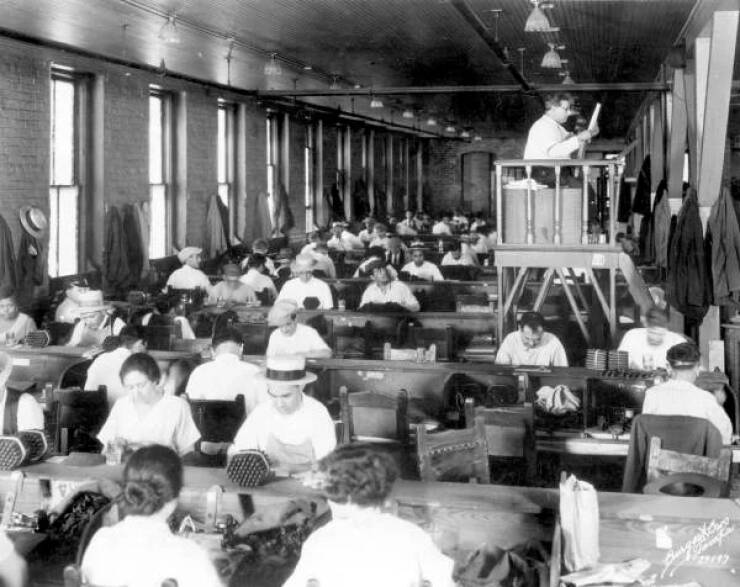
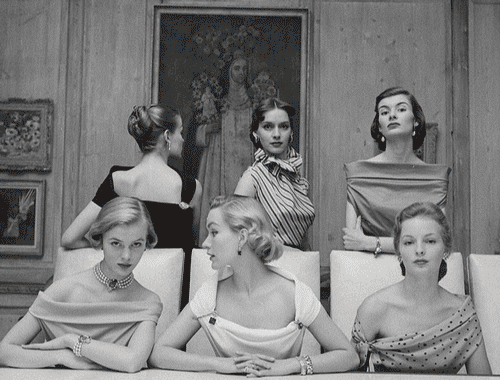


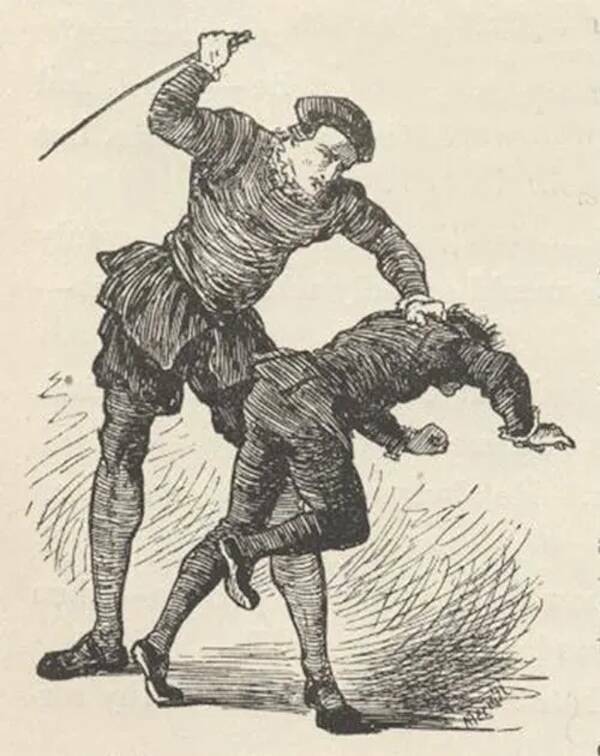
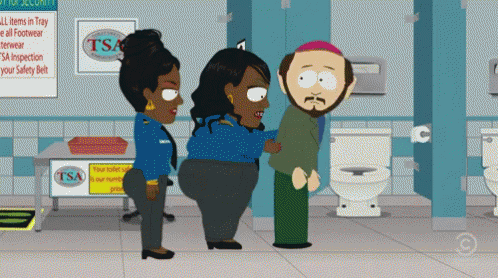

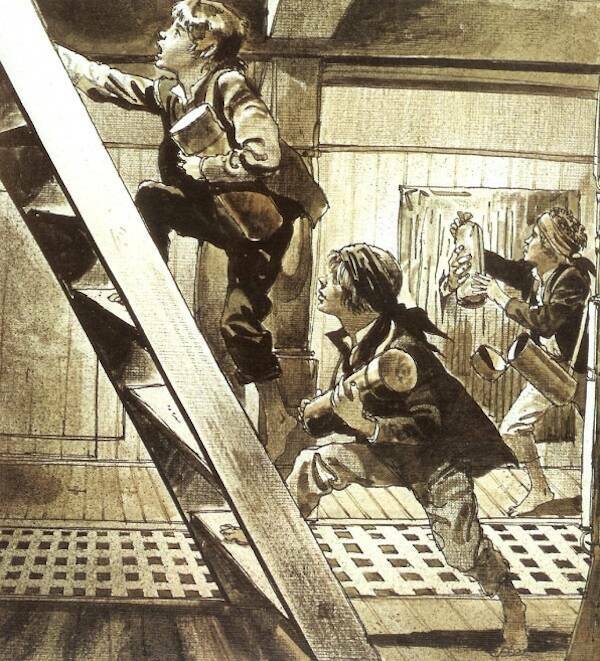


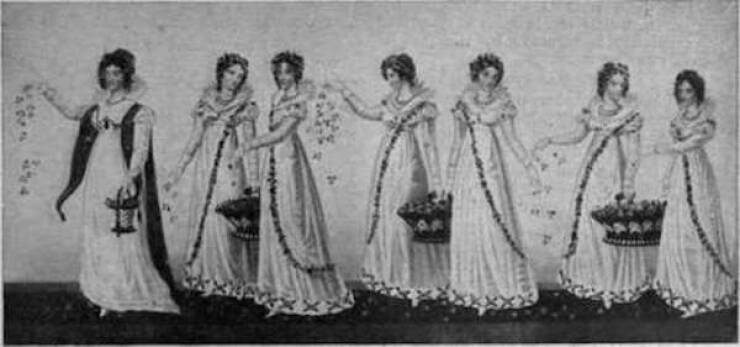

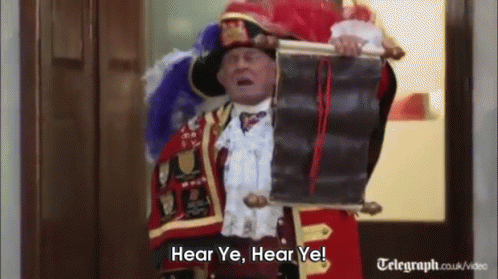
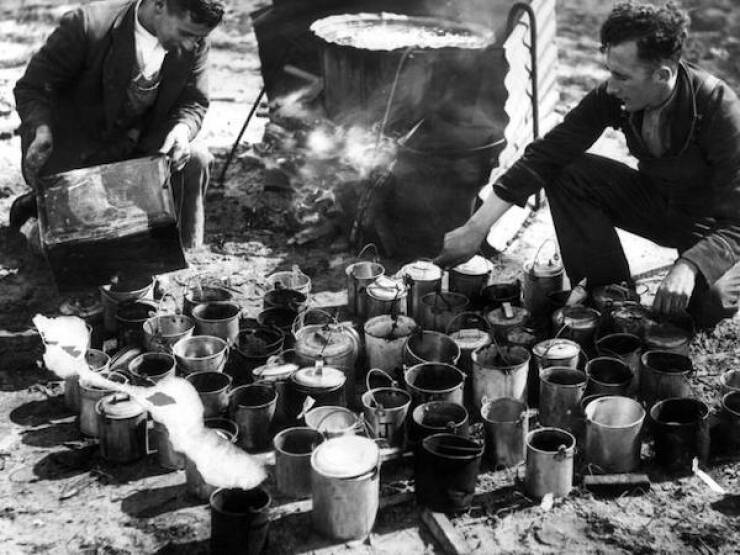
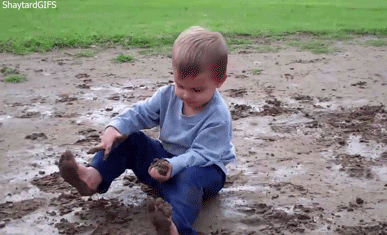




oohw... shoot.
That would totally have been my job